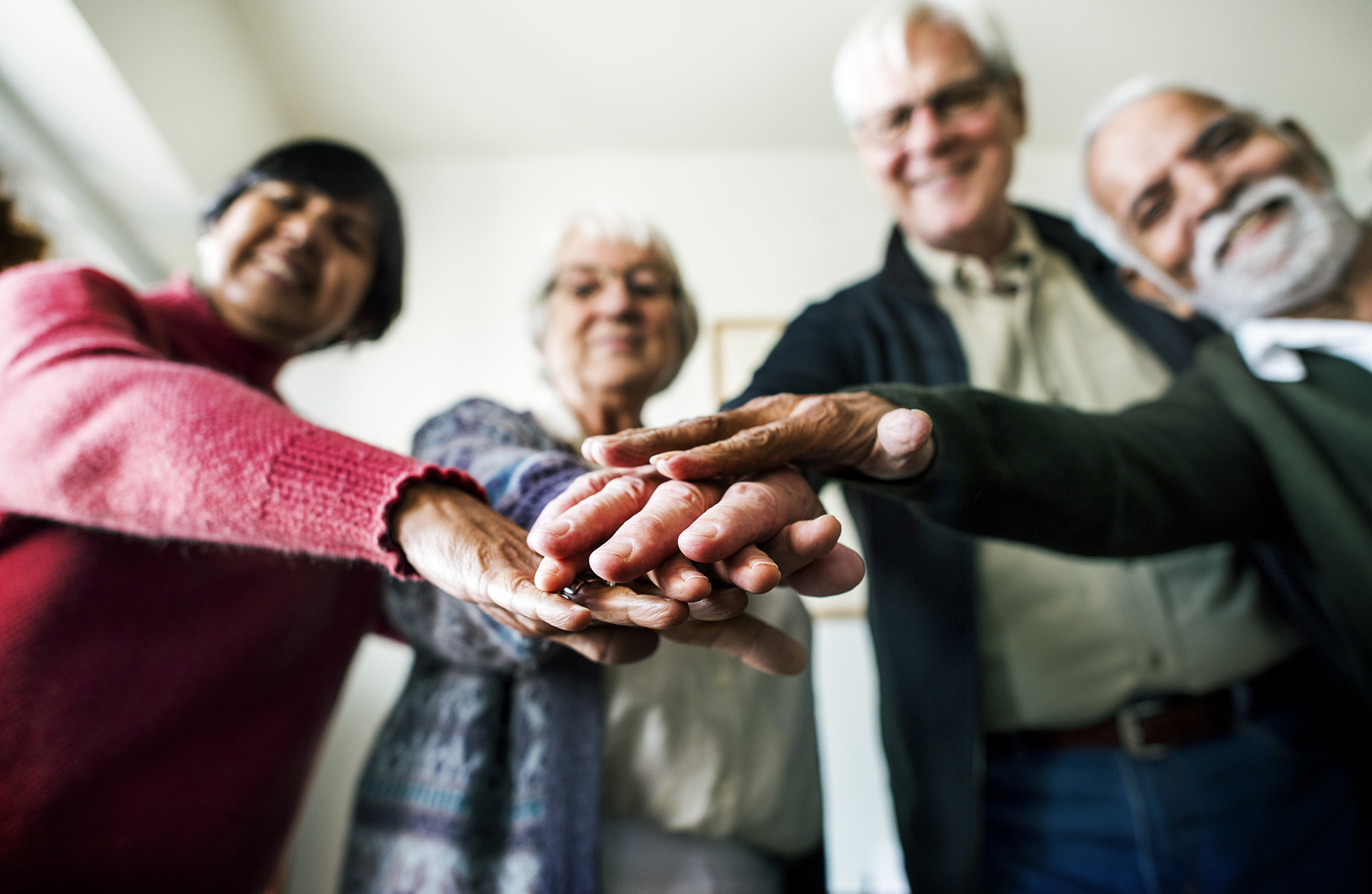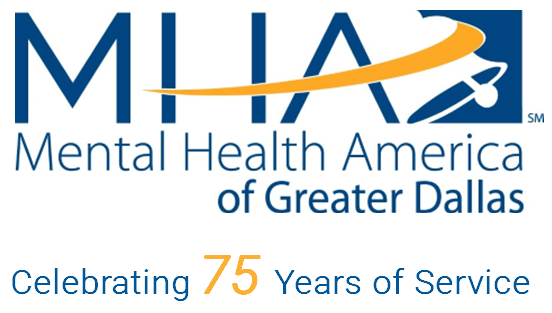An organization committed to keeping Greater Dallas mentally healthy.
Mental Health America of Greater Dallas (MHA Dallas) is a 501(c)(3) non-profit organization working to promote mental wellness through community education and policy advocacy. Put simply, MHA Dallas serves as a catalyst to identify, assess, and respond to mental health needs in the community.
As a facilitator and coordinator for local mental health service providers, MHA Dallas operates through strategic long-range planning along with immediate responses to community crises as they arise. In addition to our efforts to supply information, education and advocacy related to mental health issues, we also provide preventive programs designed to equip high-risk populations (including children, the homeless and the indigent) with information and skills to combat stress and adversity.
Through collaboration with other service providers, MHA Dallas is building a powerful local movement to address the needs of those without affordable and accessible mental health services in the Dallas area. Won’t you join us?


Together, we can
The problem of stigma and the lack of social inclusion is a terrible injustice. Stigma is the largest single barrier to mental health treatment – it keeps people with severe mental illness isolated and presents challenges to anyone seeking to improve their mental health. But it’s not always from other people. Self-stigma is also a concern for many people struggling with mental health issues.
MHA Dallas rejects stigma and calls upon everyone to rally together and fight this dangerous problem. We ask all members of our community to:
- Be careful with your language. Always refer to the person first, never the disease.
- Confront stigmatizing language, bullying and images where you see them.
- Keep the individual in mind and include various perspectives. Add people with a mental illness to your planning team or committee.
- Foster connections between people who have illnesses and those who don’t.
